Gardening next to a large farm
Pdog123
10 years ago
Related Stories

LANDSCAPE DESIGNThe Best Winter Garden Project? Plan for Next Year
Consider these 9 ideas now for a highly personal, truly enjoyable garden come spring
Full Story
HOUZZ TOURSHouzz Tour: A Modern Garden Pavilion Sprouts Up on an Ex–Pot Farm
This compact Dallas house now connects to its leafy surroundings in a gorgeously irreproachable way
Full Story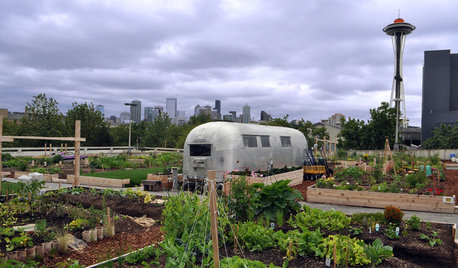
URBAN GARDENSCommunity Thrives Along With a Garage-Top Garden
Seattle neighbors join forces to create a large-scale community garden atop an old parking structure
Full Story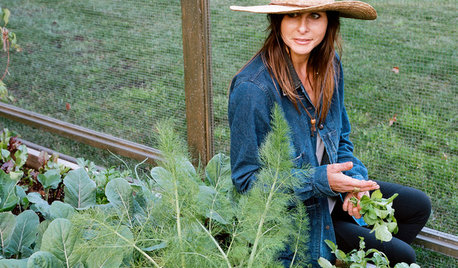
FARM YOUR YARDAdvice on Canyon Farming From L.A.'s Vegetable Whisperer
See how a screened garden house and raised beds help an edible garden in a Los Angeles canyon thrive
Full Story
EDIBLE GARDENSHow to Grow 10 Favorite Fruit Trees at Home
Plant a mini orchard in fall, winter or early spring to enjoy fresh-off-the-tree fruit the following year
Full Story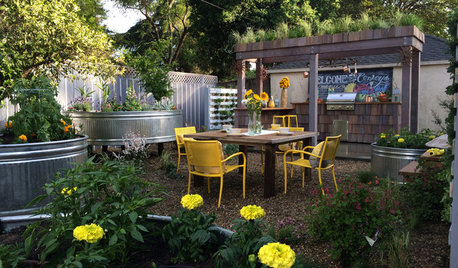
FARM YOUR YARDRemake Your Backyard Into a Mini Farm
You can get a taste of country life by line-drying your laundry, growing some produce or going whole hog with the critters
Full Story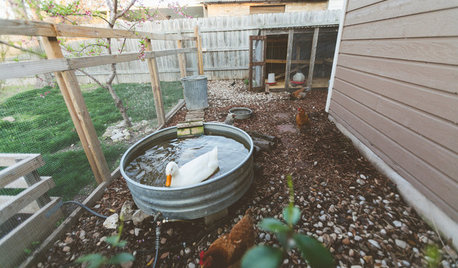
FARM YOUR YARDMy Houzz: An Urban Farm and Animal Sanctuary in Austin
Four dogs, four chickens, a duck and a kitten find refuge in a photographer’s updated home
Full Story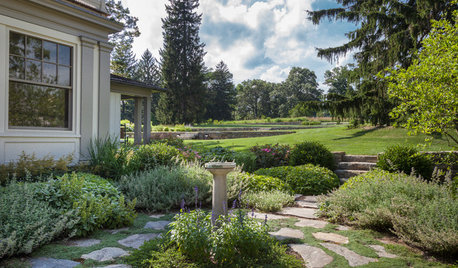
TRADITIONAL HOMESHouzz Tour: Connecticut Farm Restored for Generations to Come
A man renovates his extended family’s stately farmhouse and land. Sustainable practices are used in gardens, wetlands and recreation areas
Full Story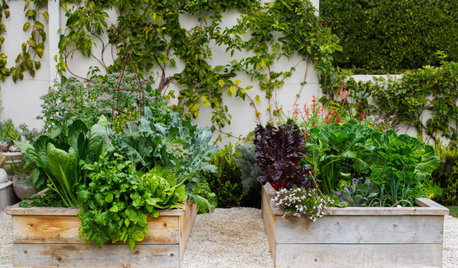
MOST POPULARHow to Start a Cool-Season Vegetable Garden
Late summer and late winter are good times to plan and plant cool-season crops like salad greens, spinach, beets, carrots and peas
Full Story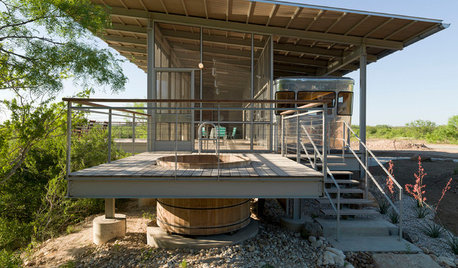
LIFERetirement Reinvention: Boomers Plot Their Next Big Move
Choosing a place to settle in for the golden years? You're not alone. Where boomers are going and what it might look like
Full Story






wayne_5 zone 6a Central Indiana
Natures_Nature
Related Professionals
Edmond Landscape Architects & Landscape Designers · Rancho Cordova Landscape Architects & Landscape Designers · Taylorsville Landscape Architects & Landscape Designers · Springfield Landscape Contractors · Brandon Landscape Contractors · Federal Way Landscape Contractors · Fishers Landscape Contractors · Galveston Landscape Contractors · Homewood Landscape Contractors · Lemay Landscape Contractors · Milford Mill Landscape Contractors · New Providence Landscape Contractors · St. Louis Landscape Contractors · Winter Gardens Landscape Contractors · Crystal Lake Decks, Patios & Outdoor EnclosuresPdog123Original Author
lazy_gardens
Pdog123Original Author
wayne_5 zone 6a Central Indiana
Embothrium
lucillle
Natures_Nature
little_minnie
little_minnie
nc_crn
elisa_z5
Natures_Nature
elisa_z5
Natures_Nature
elisa_z5
albert_135 39.17°N 119.76°W 4695ft.
john9001